Empowered by the Resurrection - 1 Peter 1:3-9
First and 2 Peter are often referred to as “general epistles” because they weren’t to a particular church, but to a region (Asia Minor, which is modern day Turkey) intended to be passed around in order to encourage believers.
Peter wrote this letter to believers who were suffering persecution for their faith. The forms of persecution they face were everything from being insulted, accused of wrongdoing, beat, being regarded as social outcasts, to dealing with mob violence just to name a few.
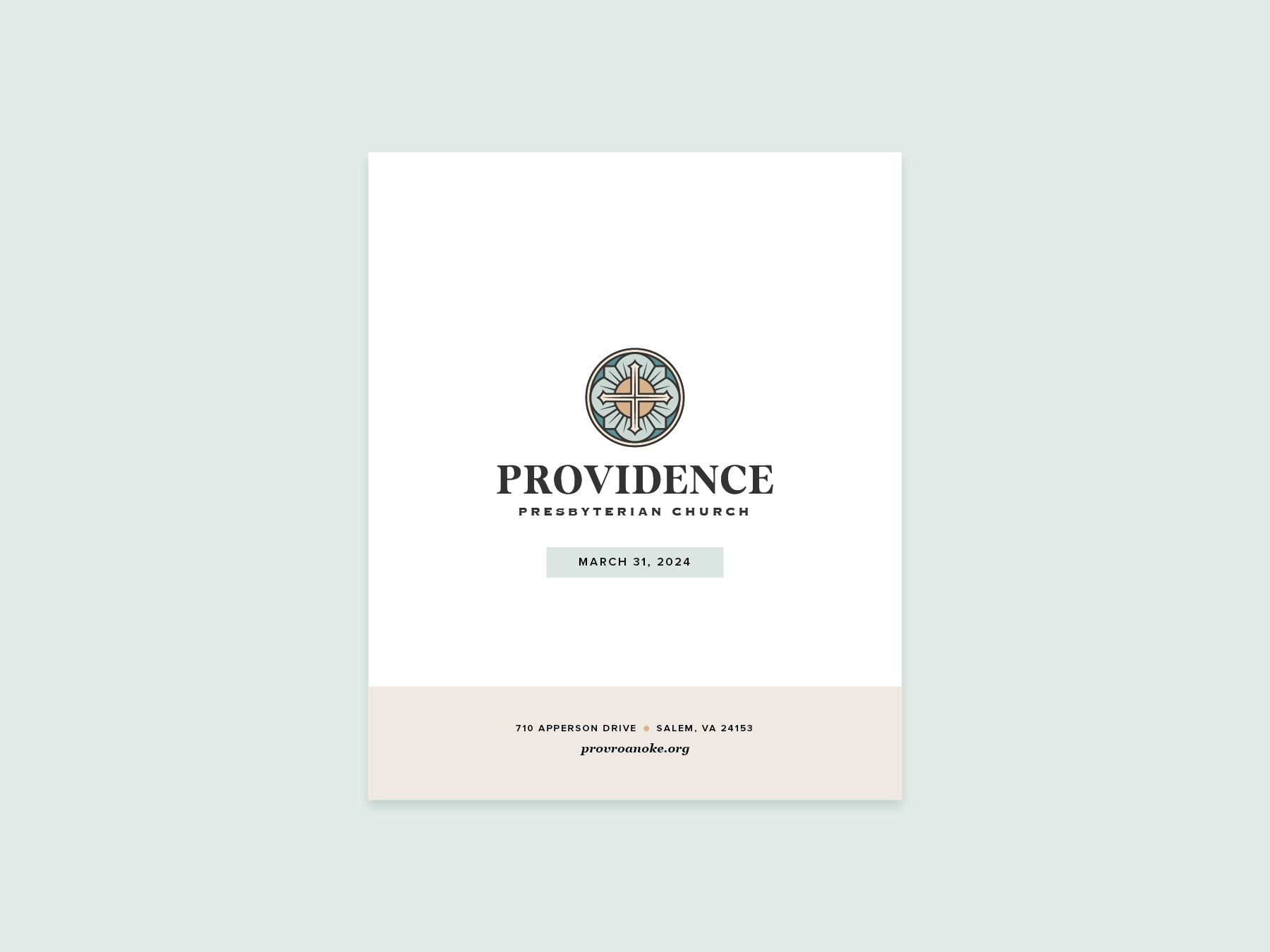
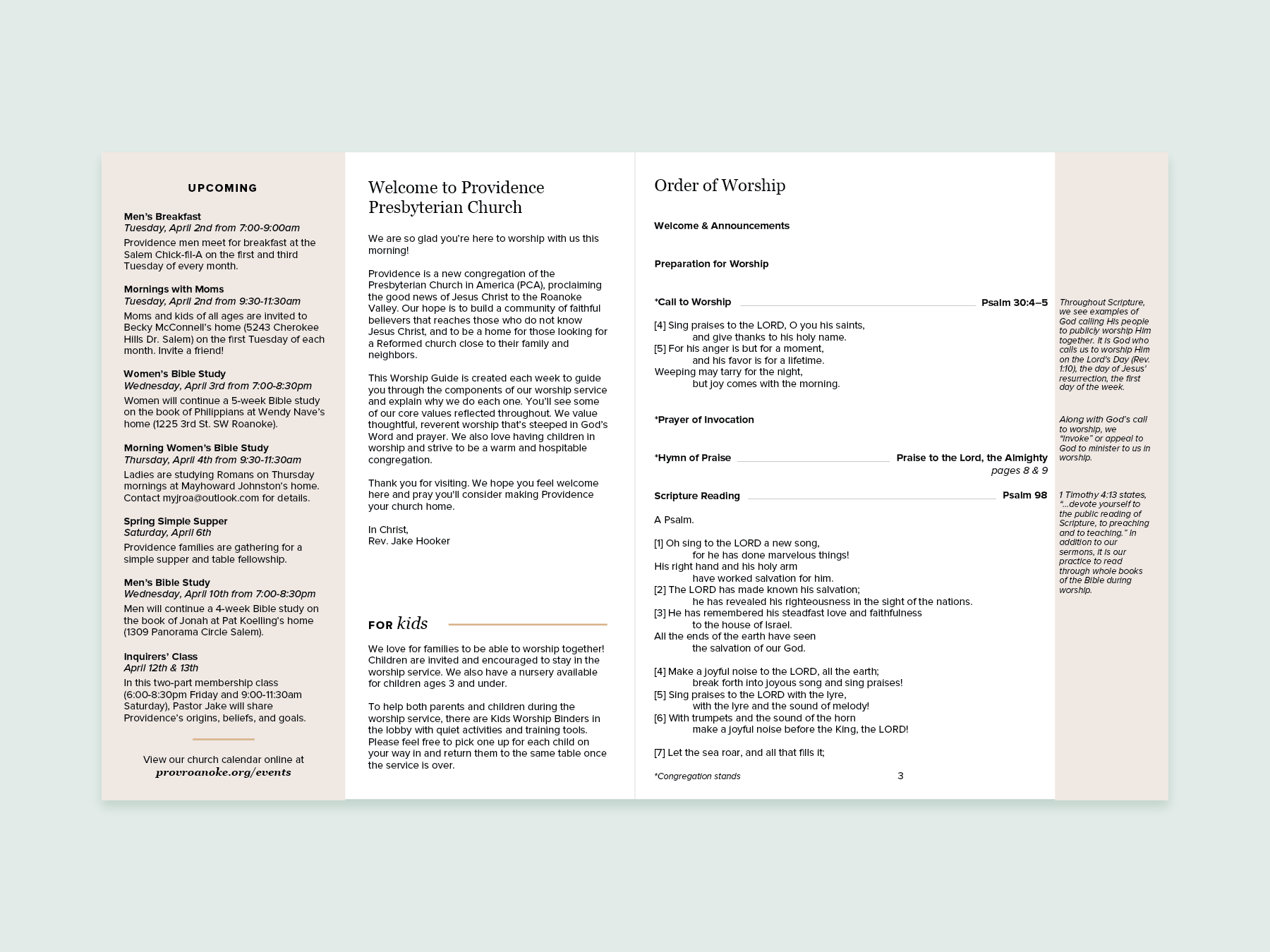
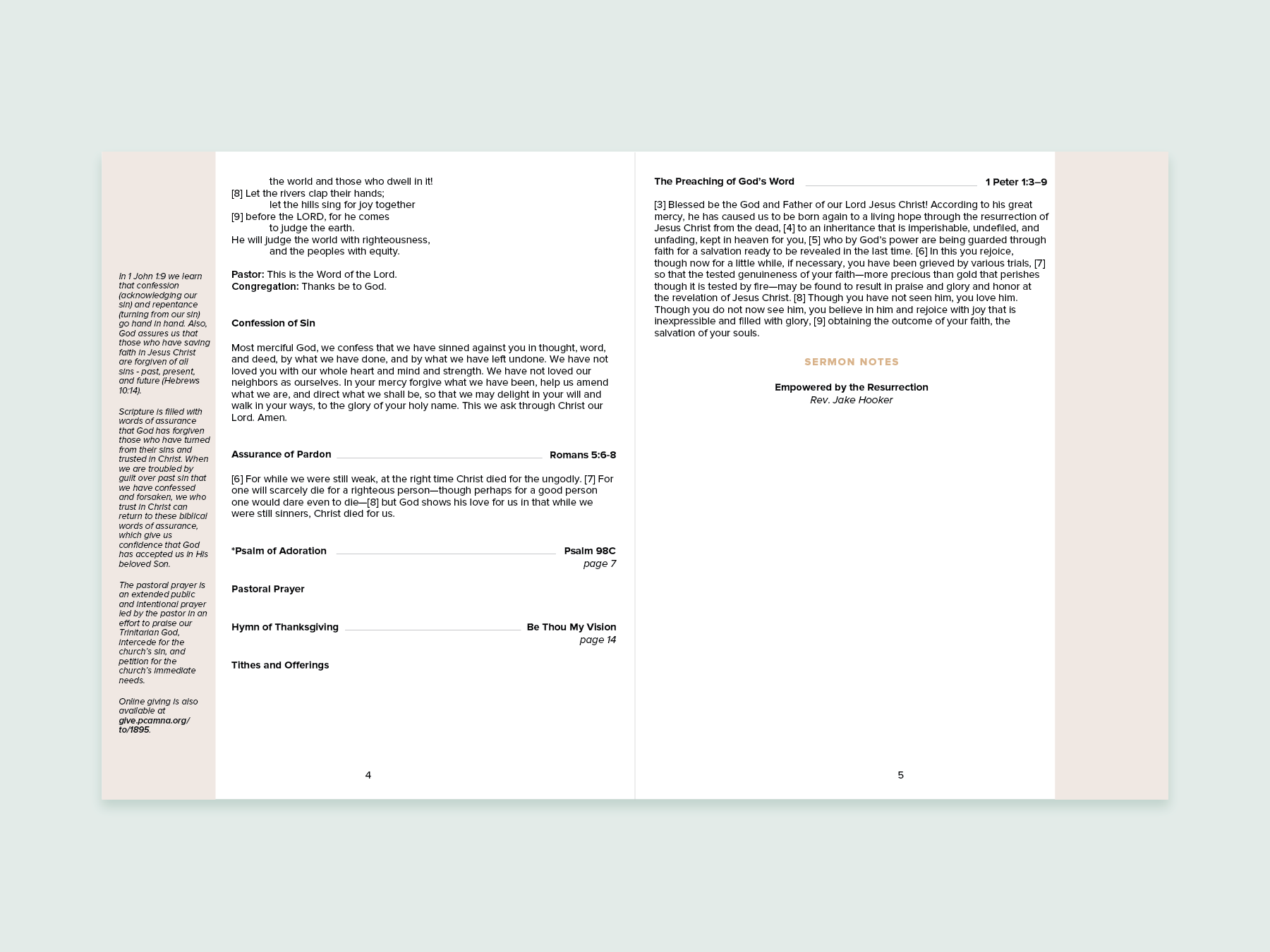
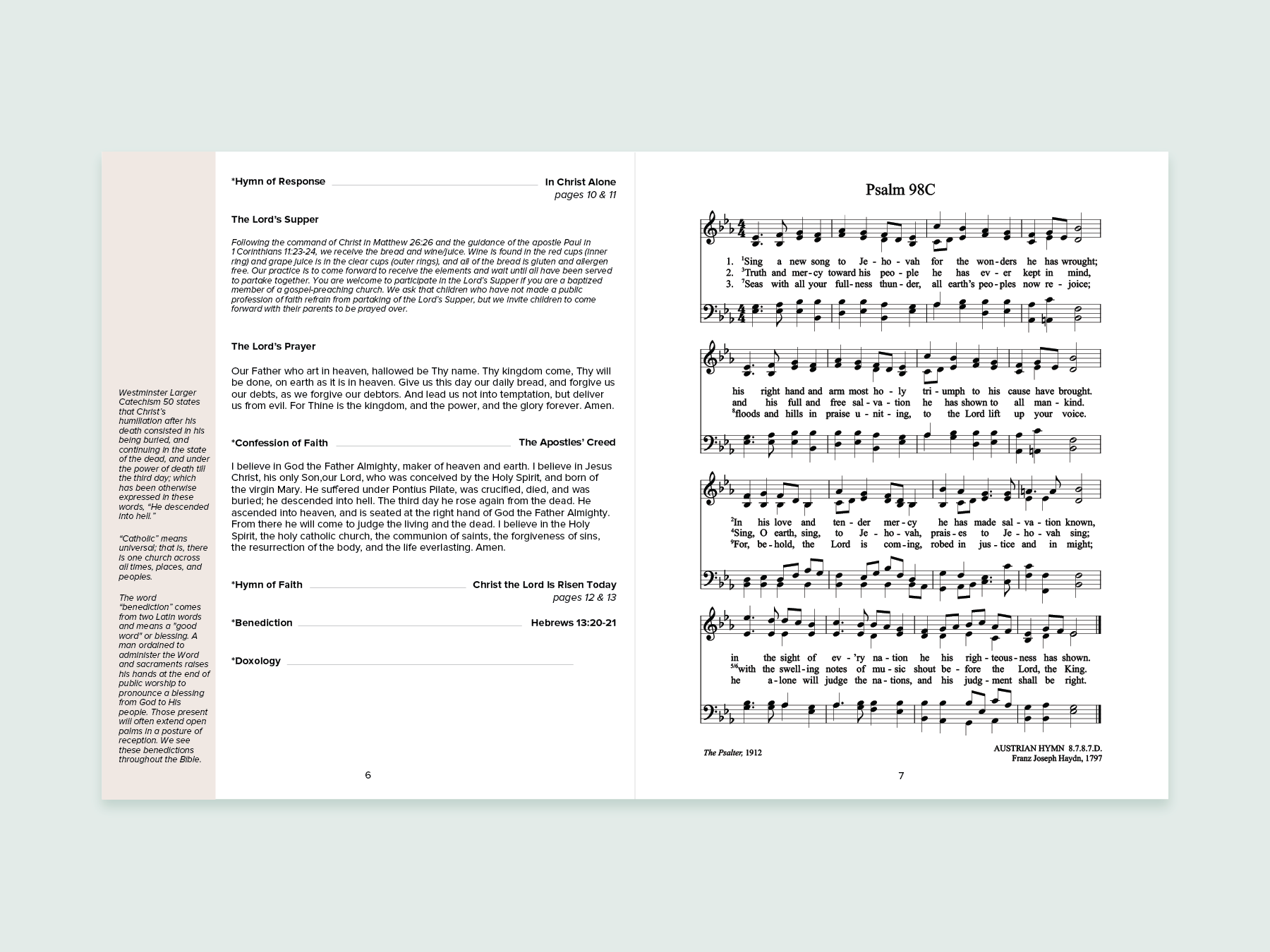
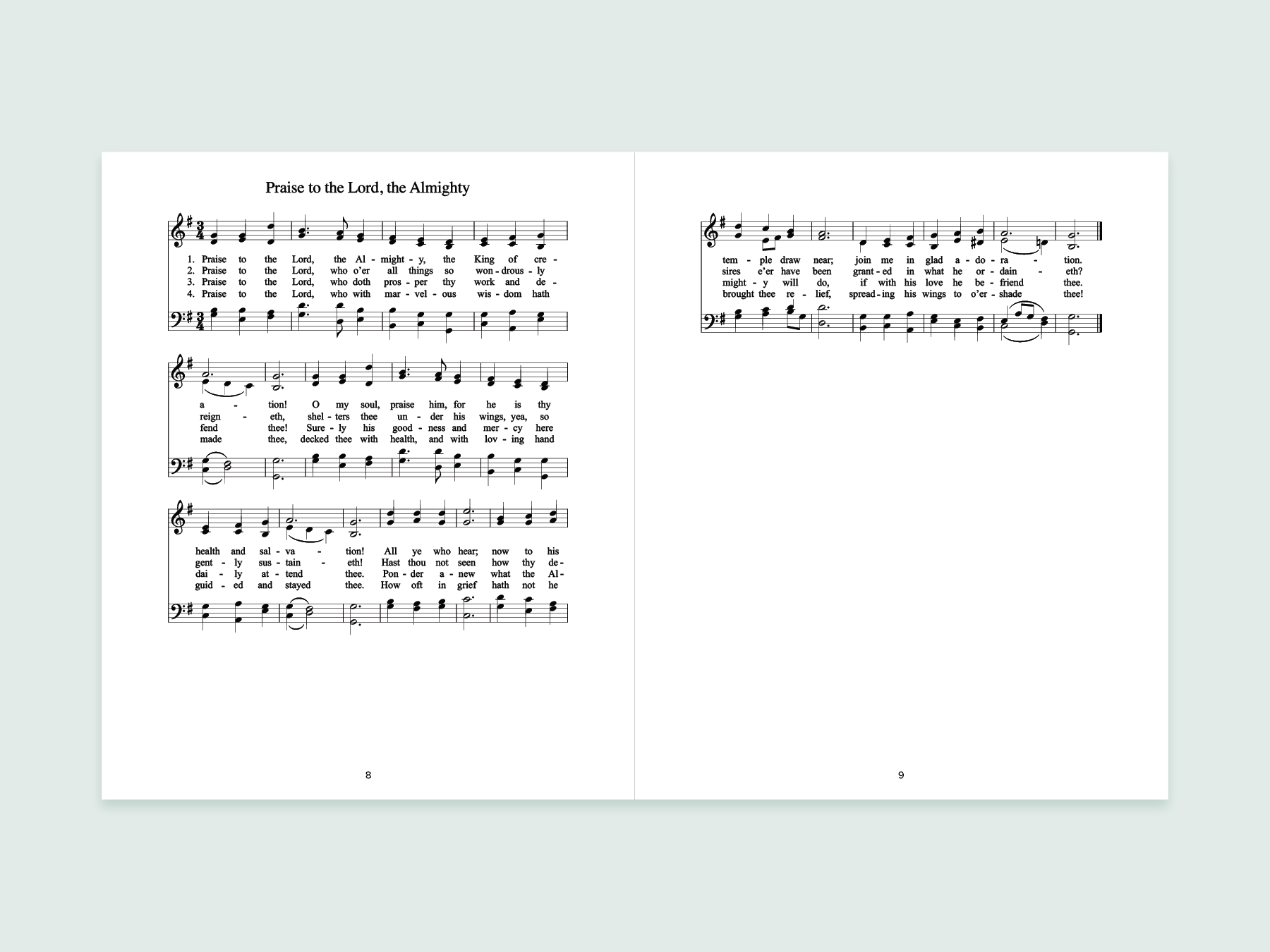
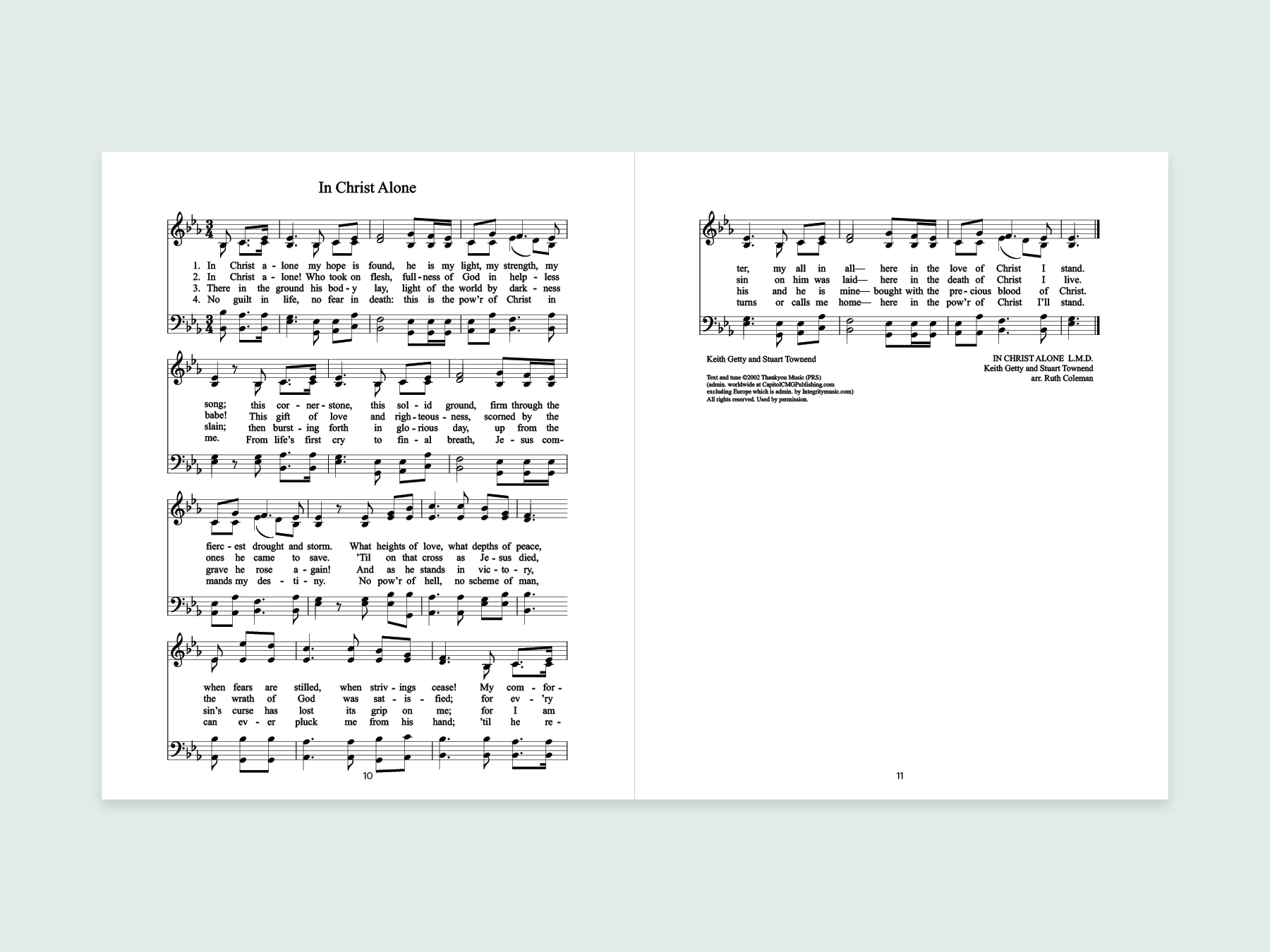
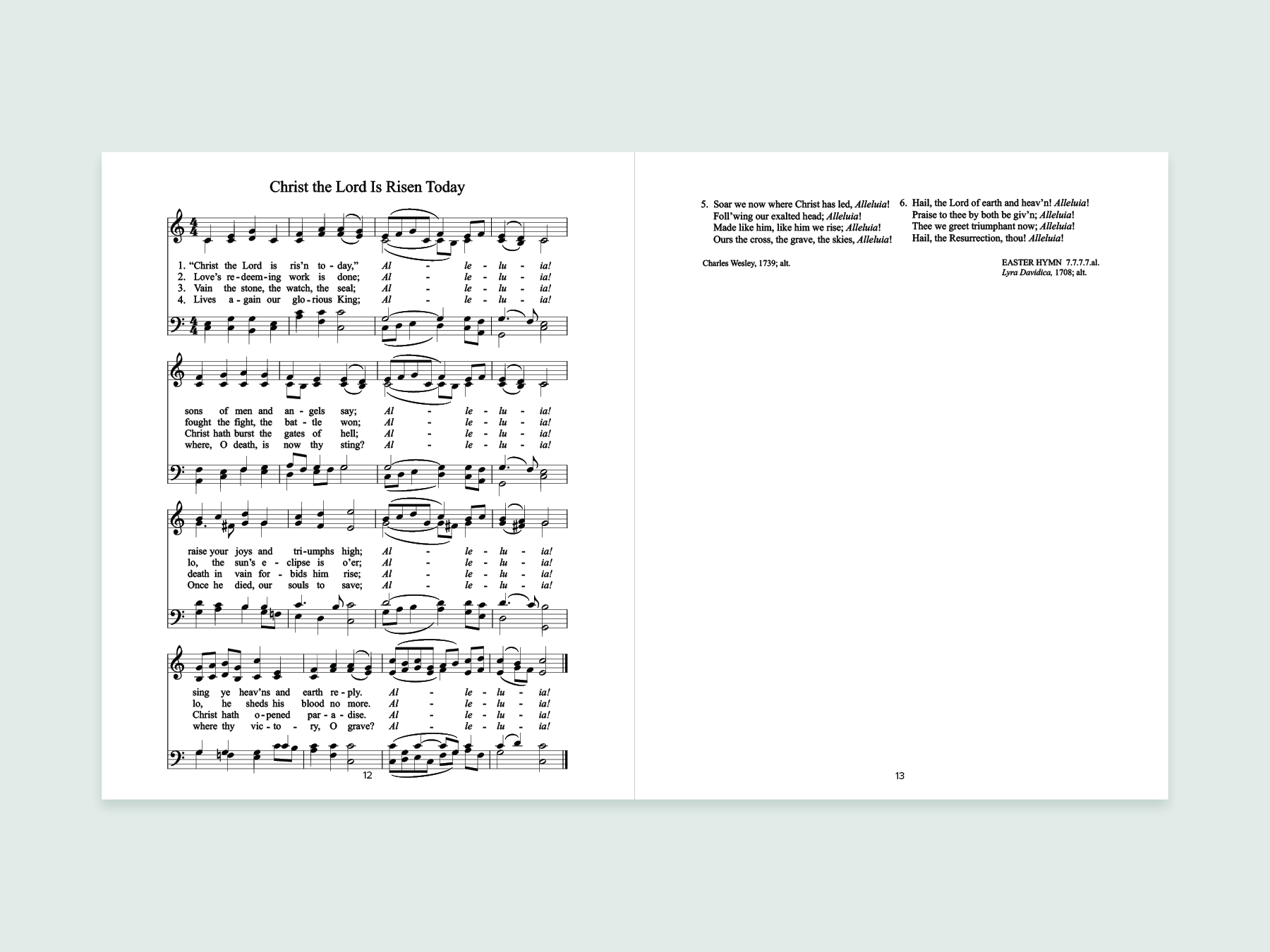
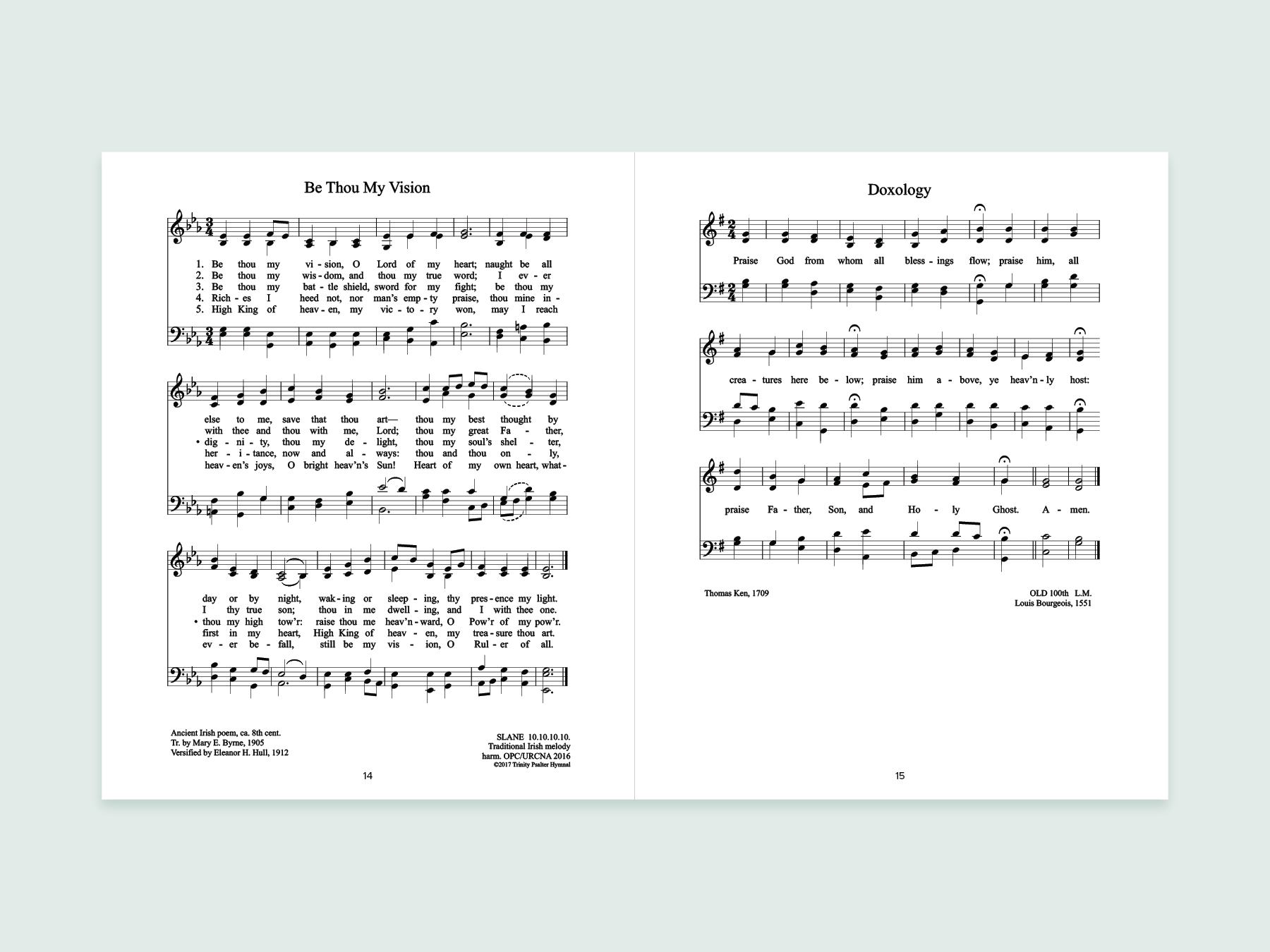
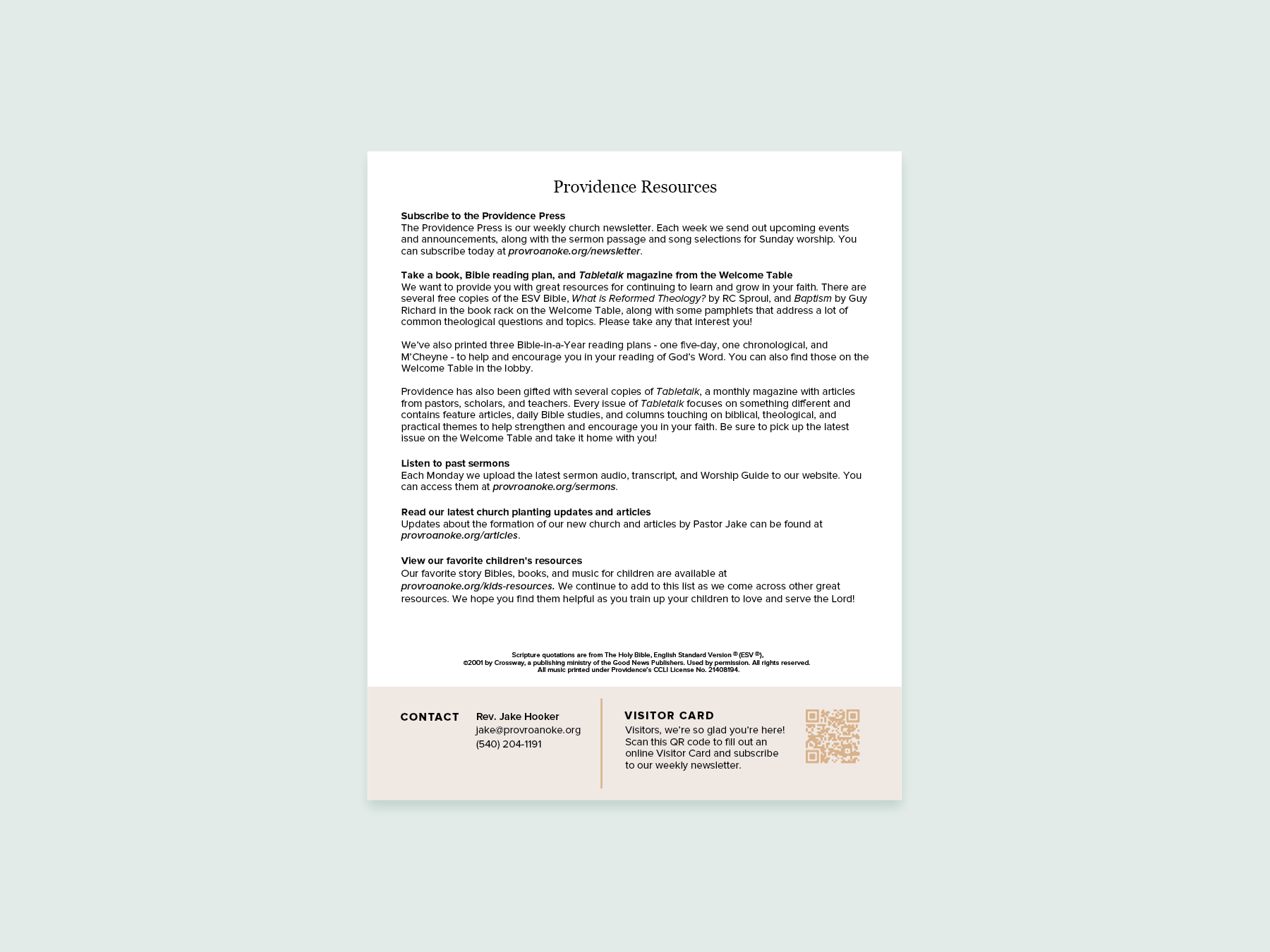
And so, Peter took up his pen in order to encourage these Christians who were dealing with various kinds of hostility! Which is why some biblical scholars refer to Peter as the “Apostle of Hope” because his letters were so encouraging.
Which falls right in line with words like you have been “born again to a living hope through the resurrection of Jesus Christ from the dead…”
What’s more encouraging than a living hope and the resurrection of Jesus Christ?
I was surprised to read yesterday that a Scott Rasmussen National Survey poll reported that almost 70% of registered voters believe in Jesus’ bodily resurrection. And I guess that’s shocking because 70% of the American population certainly doesn’t live like it matters.
Which points to a disturbing trend: More and more people see no connection between what they claim to believe and how they live their lives.
But the resurrection is somewhat unique because we often think it’s nothing more than a piece of the Christian faith but don’t see how it impacts our day-to-day lives.
If someone was to ask you how Christ’s resurrection is impacting your life right now, what would you say? Even for the seasoned Christian it’s a difficult question.
Well, that’s precisely the question that Peter answers for us in our passage. We learn from 1 Peter 1:3-9 that Christians can have great hope (v. 3), security (vv. 4-7), and assurance (vv. 8-9) in life because of the resurrection of Jesus Christ.
Our kids have this elaborate marble run toy. Basically, you connect a bunch of tubes together and you drop a marble down the tube, and it’ll bounce around, maybe spin a wheel, and circle a bowl but eventually it always ends up at the bottom.
And I think we see something like a marble run in this passage. When the marble of the Christianity hits the bottom of the run it lands on the resurrection of Jesus Christ.
Wonderful Christian truths that we’re going to look at this morning like hope, security, and assurance are all rooted in the resurrection of Jesus Christ.
So in case you were wondering, that’s our connection to Easter this morning. Don’t worry, I didn’t forget that today is Easter Sunday. In fact, I’d be willing to bet that nobody in this room is more keenly aware of the fact that today is Easter Sunday than me. Someone reminded earlier in the week that Easter is like the church Superbowl. Welcome to the Superbowl everybody, unfortunately, I have to confess there will be no halftime entertainment, turns out Usher was busy today.
But in all seriousness, Easter is a big deal because the Christian faith hangs on the resurrection! The Apostle Paul even says that if Christ did not rise from the dead then we are to be the most pitied, because we’re all just wasting our time!
And yet the reverse of that is, if Jesus conquered sin, death, and the grave when he rose three days later then that should change your life.
Resurrection Hope (v. 3)
In the original Greek, 1 Peter 1:3-9 is actually one very long sentence. Our English Bibles have periods at the end of verse 5 and verse 7. Your English teachers would have corrected Peter for writing a run-on sentence.
But the reason Peter wrote this one, very, long run on sentence is that he was overcome with emotion and excitement!
Look at how he starts verse 3:
“Blessed be the God and Father of our Lord Jesus Christ! According to his great mercy, he has caused us to be born again to a living hope…”
Verses 1-2 are his introduction, and in verse 3 is where the body of his letter begins, and what’s the first thing he does? He praises God! “Blessed be the God and Father of our Lord Jesus Christ!”
It reminds me of what Paul says in Philippians 4: “Rejoice in the Lord always; again I will say, rejoice.”
And of course, Peter tells us why he’s praising God.
“According to his great mercy, he has caused us to be born again to a living hope…” Jesus told Nicodemus that he had to be born again in John 3!
Being born again means that God has taken out a heart of stone and replaced it with a heart of flesh. God is breathing spiritual life into you! God must take out the heart that is cold and dead towards him and replace it with a heart that beats for him.
Notice that Peter said that it’s all done “according to His great mercy.” Being born again isn’t something that you do to yourself, rather, being born again is something that God does in you. He changes you, from the inside out.
To put it simply God mercifully saves sinners like you and me. And that is something to rejoice and praise God for!
He alone saves, and it’s because of His great work of salvation every believer has hope. After all, Peter tells us “[God] has caused us to be born again to a living hope.”
It reminds me of that Emily Dickinson poem, “Hope is a Thing with Feathers.” Do you remember that short poem? She wrote,
“Hope” is the thing with feathers -
That perches in the soul -
And sings the tune without the words -
And never stops - at all -
And sweetest - in the Gale - is heard -
And sore must be the storm -
That could abash the little Bird
That kept so many warm -
I’ve heard it in the chillest land -
And on the strangest Sea -
Yet - never - in Extremity,
It asked a crumb - of me.
It really is an incredible poem, because she describes hope as a little bird and the reality that just a little bit of hope can get you through so much.
But what Dickinson fails to address in her poem is the source of one’s hope. What is your hope in? Is it in your own ability and strength? Is it in someone else? It’s a relevant question isn’t it?
Because if you’re not careful, hope can be nothing more than wishful thinking. “I hope I get rich next year.” Is hope and your fantasy the same thing?
Hope can become a word that is synonymous with what you want to happen. That’s dead hope, but Peter says, we have a living hope.
Christian hope “is a confident expectation of future blessing based on facts and promises… Biblical hope has reference to something that is certain but not yet fully seen or experienced.”
That’s how the Reformation Study Bible defines Biblical hope.
Because what’s the foundational reality of Peter’s hope? “The resurrection of Jesus Christ from the dead.”
Peter tells us that we’re “born again to a living hope through the resurrection of Jesus Christ from the dead…”
Peter’s hope comes through the resurrection.
Maybe Dickinson was on to something when she described “hope as a thing with feathers,” because if we’re honest hope can feel pretty flighty, can’t it? One minute the glass is half full, and then fifteen minutes later the glass is suddenly half-empty.
Because the reality is, our hopes and expectations are typically controlled by the circumstances of our lives. The glass is half-full as long as life is going the way we want it to, but it can quickly become half-empty the moment our lives take a turn for the worse.
That might be the way the world thinks of hope, but that is not Christian hope.
Christian hope isn’t rooted in what’s going on in the world around us or even in our personal circumstances.
Our hope is rooted in the fact that Jesus Christ rose from the grave. We hope because He lives.
Resurrection Security (vv. 4-7)
And the resurrection not only gives Christians a hope that is more than just a thing with feathers, but it also gives believers an indestructible security.
Notice what Peter says next in verses 4-5.
“he has caused us to be born again to a living hope through the resurrection of Jesus Christ from the dead, 4 to an inheritance that is imperishable, undefiled, and unfading, kept in heaven for you 5 who by God's power are being guarded through faith for a salvation ready to be revealed in the last time.”
In other words, your salvation is guarded, protected, and maintained by the living God himself. Because that’s the only way that inheritance is going to last to the end! If it were up to you and me to save ourselves, then it’s not going to be long before that inheritance has perished, been defiled, and has faded away.
We’d certainly lose it! But by God’s power it’s being protected and guarded which means you and I are going to reach our heavenly home. He’s going to get believers there.
What’s the evidence that God is going to keep believers secure? The resurrection of Jesus Christ from the dead. In other words, your security is rooted in what God has already done.
I’m sure we’ve all heard that the past is the best indicator of future behavior. Well if God raised Jesus from the dead, then he will surely keep all who trust in him safe and secure to the very end!
And because it’s rooted in God you can be confident that that glorious, heavenly inheritance will be imperishable, undefiled, and unfading.
Westminster Confession of Faith teaches this in chapter 17 paragraph one:
“They, whom God has accepted in His beloved, effectually called and sanctified by His Spirit, can neither totally nor finally fall away from the state of grace; but shall certainly persevere therein to the end, and be eternally saved.”
God will keep your heavenly inheritance secure.
Which reminds me of an interesting inheritance story I recently came across:
There was a man who heard that his distant uncle had passed away. He was a little sad but not that sad because he barely knew him. Then one day out of the blue a package arrived at his house and it contained his inheritance from his uncle’s estate. It was a violin and a painting. He didn’t know anything about paintings or violins so he decided to take them to an appraiser to see if they were worth anything.
And eventually the appraiser called the man back and said, “I’ve got some good news! You have a genuine Van Gogh and Stradivarius in your possession!”
The man was naturally thrilled and said, “I can sell these for millions!” But the appraiser said, “you can sell them but you won’t make millions…” The man was shocked, “why not?” The appraiser said, “Well as it turns out, Van Gogh wasn’t very good at making violins and Stradivarius wasn’t much of a painter.”
Christians have a God-given inheritance that is of infinite value. It’s not a Van Gogh violin or a Stradivarius painting. The Christian’s God-given inheritance is a future heavenly glory. If your faith is truly in Jesus Christ and if you genuinely trust in him, that heavenly reality cannot be taken away from you.
One of the things that makes this particular passage so powerful is that Peter reminds you and me that our security and confidence that we will one day arrive at our heavenly home is not based upon your personal performance.
That doesn’t mean God has given us a license to sin, Christians should hunger and thirst for righteousness but even the most sincere believers are afflicted by sin.
After all, just because God is protecting and guarding you doesn’t mean your life will be easy.
In fact, I think it’s safe to say that everyone in this room has suffered or is currently suffering, perhaps some of you more than others, but nevertheless, I don’t think any of us would stand up here and say that everything in their life has been easy.
Which Peter addresses as well in verses 6 and 7.
“In this you rejoice, though now for a little while, if necessary, you have been grieved by various trials, 7 so that the tested genuineness of your faith—more precious than gold that perishes though it is tested by fire—may be found to result in praise and glory and honor at the revelation of Jesus Christ.”
Isn’t what Peter says there in those verses demonstrably true? Trials will test the genuineness of your faith. Seventy percent of Americans claim to believe in the bodily resurrection of Jesus Christ, but do they rely on him in their darkest hour. Or do they pull themselves up by their bootstraps and ignore God?
How we respond to the trials of life is the best reflection of what we actually believe.
Interestingly, Peter actually says that believers are tested, refined, and prepared for a future glory through the trials. Trials will often strengthen your faith and reliance on Christ or it will demonstrate that you never trusted in him to begin with.
Peter doesn’t deny hardship, rather, he tells us to expect it!
The real question is what gives you the strength to get through it?
It doesn’t matter how many times you read The Power of Positive Thinking or how many coal fires you’ve walked across at a Tony Robbins seminar you cannot put a positive spin on the harsh realities of pain, suffering, and death.
After all, keep in mind Peter’s original audience: he was writing to believers who were facing persecution! He doesn’t downplay what they’re experiencing, rather he tells them how to get through it.
What’s going to get them through it is reflecting the sin-atoning death of Jesus Christ and his glorious resurrection.
The resurrection is like buying a house, or frankly anything that expensive you have to put a down payment on. That down payment is evidence that you're going to pay off the rest. It’s basically an upfront promise.
The resurrection of Christ is the Christian’s down payment that death will not have the final say, which is the power to get you through the inevitable trials of life.
Our security and confidence in Christ’s sin atoning work on the cross comes through his glorious resurrection.
Resurrection Assurance (8-9)
Not only do we have hope and security through Jesus Christ, we also have great assurance. Notice in these last two verses that Peter gives these words of comfort:
“Though you have not seen him, you love him. Though you do not now see him, you believe in him and rejoice with joy that is inexpressible and filled with glory, 9 obtaining the outcome of your faith, the salvation of your souls.”
Peter’s long run-on sentence ends with these triumphal words, stating that true believers will “obtain the outcome of your faith - the salvation of your souls.
And he makes other incredible statements as well: “Though you have not seen him, you love him. Though you do not now see him, you believe in him and rejoice with joy that is inexpressible and filled with glory…”
Twice Peter reminds his readers that they haven’t seen Christ. But both times he follows it up with amazing statements: “Though you have not seen him, you love him,” then “Though you do not now see him, you believe in him and rejoice with joy that is inexpressible and filled with glory…”
Peter had obviously seen Jesus in the flesh, but the dispersed population that he’s writing to certainly hadn’t.
Ironically, lots of people saw Jesus in the flesh and didn’t believe in him! After all, the man was crucified!
But whether you’ve seen Jesus Christ in the flesh or not is quite irrelevant: what matters is whether you’ve totally turned yourself over to him in humble submission and trust in him. That’s what truly matters.
Recently, I was talking with someone about being a part of starting a new church, and I was telling him that in the early days, when I was raising money, moving, and buying a house, there was a lot of uncertainty.
And so I felt like I had to qualify every statement I made. I’d say things like, “This is our plan, but it’s subject to change. We’re shooting for this, but we’ll see if it pans out.”
I was just constantly hedging everything that I said, because of course, I didn’t really know how things would turn out. And by God’s grace we’ve been tremendously blessed.
But Peter doesn’t hedge or qualify anything in verses 8 and 9. He makes bold, strong statements with absolutely no qualifications. He doesn’t hedge at all. “...you love him… [you] rejoice with joy that is inexpressible and filled with glory…”
Because it’s simply true! If you’re truly trusting in Christ for your salvation, then you have to love him. If you trust in Christ then it is true that you will have inexpressible joy, you’ll be filled with glory and that you will obtain the salvation of your soul.
Peter offers no qualifications because there’s no need for him to do it. Just as the Christian’s hope and security are rooted in the resurrection, so is the Christian’s assurance.
Remember we’re dealing with a run-on sentence here! And where does the sentence begin? We’re born again “to a living hope through the resurrection of Jesus Christ from the dead…”
The marble run always ends at the resurrection of Jesus Christ.
For the Christian hope, security, and assurance are not philosophical or new age theories. Those truths are rooted in historical fact, and that fact is Jesus Christ rose from the grave!
The fact that Jesus Christ died on the cross and rose in great power from the grave three days later is everything! And it’s because of that fact, believers have every reason to be hopeful, and confident regardless of their circumstances.
Because when your hope is in Jesus Christ, as the old hymn says, “the things of this world will grow strangely dim.”
Some of you know the story of Polycarp, but Polycarp was a second century Christian martyr. And as the Roman Soldiers prepared to burn him at the stake for his faith in Christ, it’s recorded that he began to pray. And this is part of what he prayed:
“O Lord God almighty, Father of Your beloved and blessed Son Jesus Christ, through whom we have received knowledge of You, God of angels and powers and all creation, and of the whole race of the righteous who live before You, I bless You that You considered me worthy of this day and hour…
Because of this, and for all things, I praise You, I bless You, I glorify You, through the eternal and heavenly high priest Jesus Christ, Your beloved Son, through whom be glory to You with Him and the Holy Spirit both now and for ages to come. Amen.”
Only a person who’s hope, security, and assurance lie in the finished work of Christ could pray a prayer like that.
That’s the beauty of the Christian faith. You’re a sinner, but there’s a gracious Savior - and all you have to do is turn yourself over to him.
Brighter days always lie ahead because Jesus Christ defeated sin, death, and the grave. May Christ be our hope, security, and assurance this Easter. Let’s pray together.
